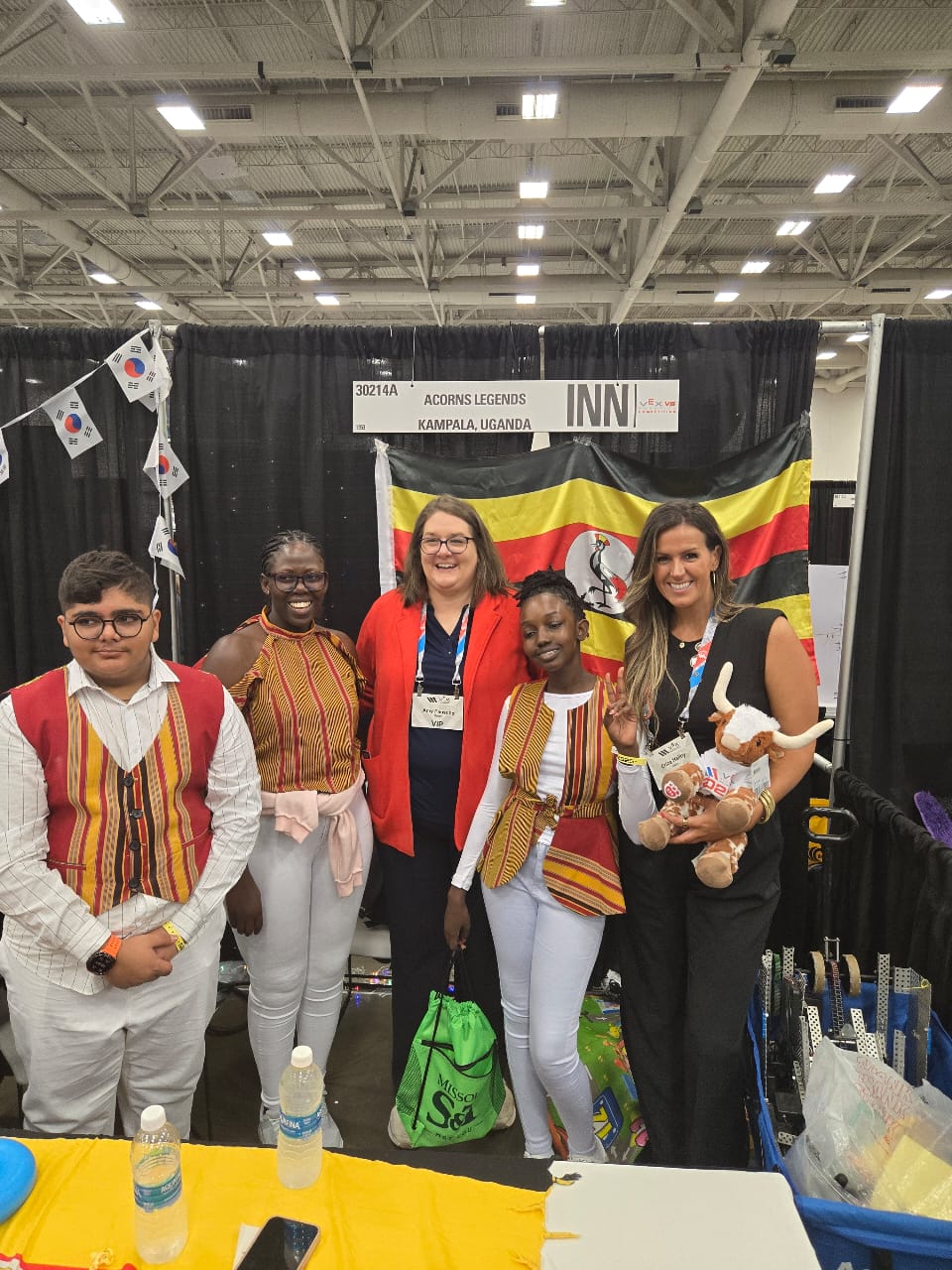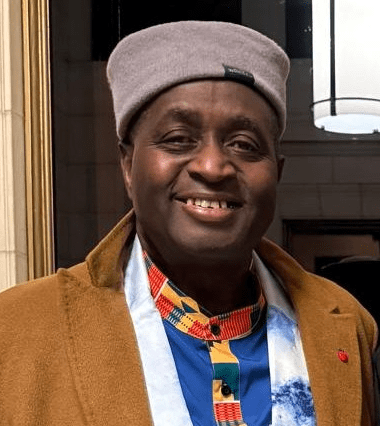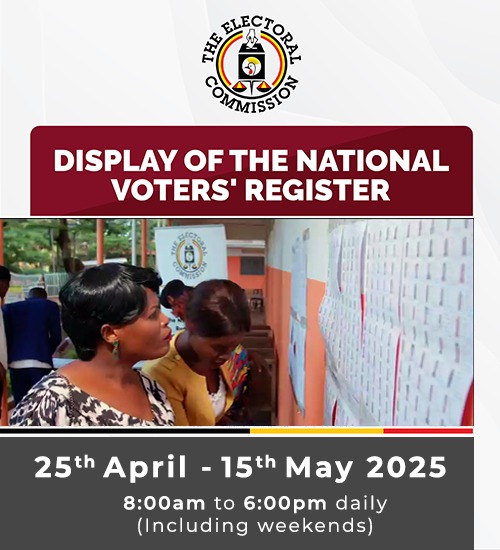Makerere, Uganda – In a bid to demystify the link between herbal medicines and antibiotic resistance in Kampala City, Abdul Walusansa has been honored with a Doctor of Philosophy degree of Makerere University in Uganda.
His extensive research comes at a crucial time when the global community is grappling with the looming threat of antibiotic resistance, identified as a potential pandemic by the World Health Organization.
Dr. Walusansa’s investigation focused on the proliferation of herbal medicine trade in Kampala City, where the lack of adequate safety mechanisms has raised concerns about the role of these traditional remedies in fueling antibiotic resistance.
Surprisingly, the study has unearthed some promising revelations—certain medicinal plants, such as Citrus limon (commonly known as LEMONI), demonstrated the ability to cure bacterial diseases that have become resistant to modern drugs.
However, the optimism was tempered by a stark reality. The research discovered that 32% of herbal medicines examined were contaminated with multidrug-resistant bacteria.
Even more alarming is that, 14% of these bacteria harbored genes that facilitate resistance to last-resort clinical drugs.
This discovery emphasized the potential dark side of relying solely on herbal medicines, especially in the face of increasing antibiotic resistance.
Thus, Dr. Walusansa’s study has concluded with a call to action: He argues that while Ugandan herbal medicines show promise in supporting efforts to mitigate antibiotic resistance, there is an urgent need to prioritize hygiene and product safety.
“Adhering to international standards is crucial to ensure that these herbal remedies become a reliable ally in the fight against antibiotic resistance rather than inadvertently contributing to the problem,” he says.
However, the study highlights the economic potential of improved herbal products.
By tapping into the global market, Uganda could not only promote wealth creation within the country but also contribute to the achievement of sustainable development goals.
Funded by the Islamic Development Bank and Makerere University, Dr. Walusansa’s research serves as a valuable contribution to the ongoing dialogue on antibiotic resistance.
And as the world grapples with the complex interplay between traditional remedies and modern medicine, studies like Walusansa’s provide essential insights for charting a sustainable and effective path forward.

















